This post by our Executive Director, Claire Holloway Wadhwani, was featured on the Huffington Post – Read it Here
World AIDS Day – a time for us to celebrate the amazing progress being made in the global struggle against HIV/AIDS and a time to reflect on what could be done better.
This year there is much cause to celebrate. Great advances are being made in new treatment as prevention options and, thanks to global partnerships, affordable treatment is available to more communities than ever before.
Still, there are people being left behind.
In East African communities, where CAP/AIDS Network partners live and work, availability does not necessarily equal access. Even when testing and treatment is available and affordable, a serious access gap exists between community members most vulnerable to HIV and these critical health services.
Physical distance, knowledge of services, and lingering stigma create all too real barriers to access.
Closing this access gap means expanding health systems to include grassroots outreach and the community-level advocates who lead the charge. It is well documented that village-level and even home-based HIV testing greatly improve rates of testing. The same is true for HIV education, counseling, and treatment follow-up. Too often though, this work is done in isolation by volunteers not recognized by local health systems. Consequently, these efforts are under-resourced, may not contain the most up-to-date or accurate information, and lack consistency that comes from coordination. Moreover, however successful volunteer activities may be in generating demand for services, it is still left to the individual to actually seek access to services.
This is in no way to detract from the amazing efforts and impact of community-based groups and volunteers!
These community efforts have been vitally important in increasing knowledge, encouraging people to know their HIV status, and challenging stigma. We have seen women’s groups who organize rotating home visits for all HIV-affected families in their communities, youth groups using music, drama and dance to challenge misinformation about the spread of HIV, and councils of elders coordinating transportation for pregnant women to access prevention-of-mother-to-child transmission services. At CAP/AIDS we continue to support these efforts through our local partnerships.
However, we have also seen firsthand how much more effective community-level efforts are when they are linked directly to the health systems. When health workers can step outside of the clinic and work alongside community-level educators and advocates, they bring with them expertise, materials and, perhaps most importantly, they help people to view the clinic as a welcoming and safe place. When health workers are no longer relegated to the clinic and people can view health services as part of their communities the access gap begins to close.
Imagine how much effective it could be if a village drama performance about the importance of HIV-testing had a mobile testing unit on site, or if a volunteer conducting a home-visit to a community member afraid of stigma could be accompanied by a nurse to conduct a check-up and deliver their latest doses of ARVs.
Unfortunately, in our experience, success of these linkages is often based on the dedication of individual health workers or is dependent on private funding outside of clinic hours and budgets. As such, even the most successful cases lack sustainability.
In order to close this gap once and for all, community advocates, traditional birth attendants and village health teams should be recognized as mainstays of local health systems and therefore included in planning, coordination and funding. By working together as one system, clinicians and community workers can break down barriers and accelerate progress in preventing the spread of HIV and ensuring treatment and care for those living with HIV/AIDS!


